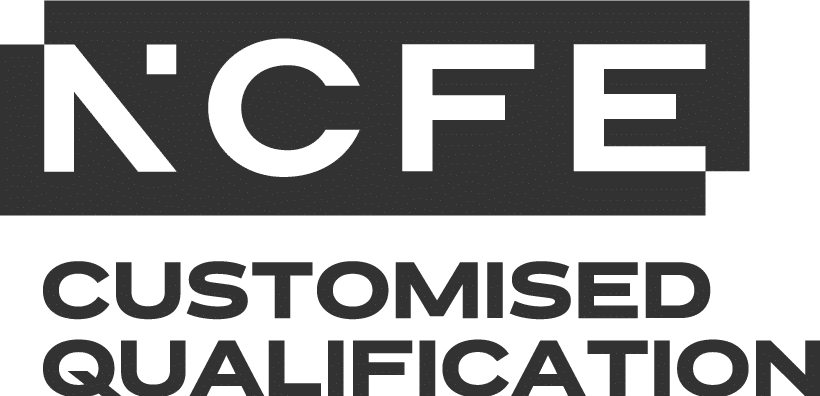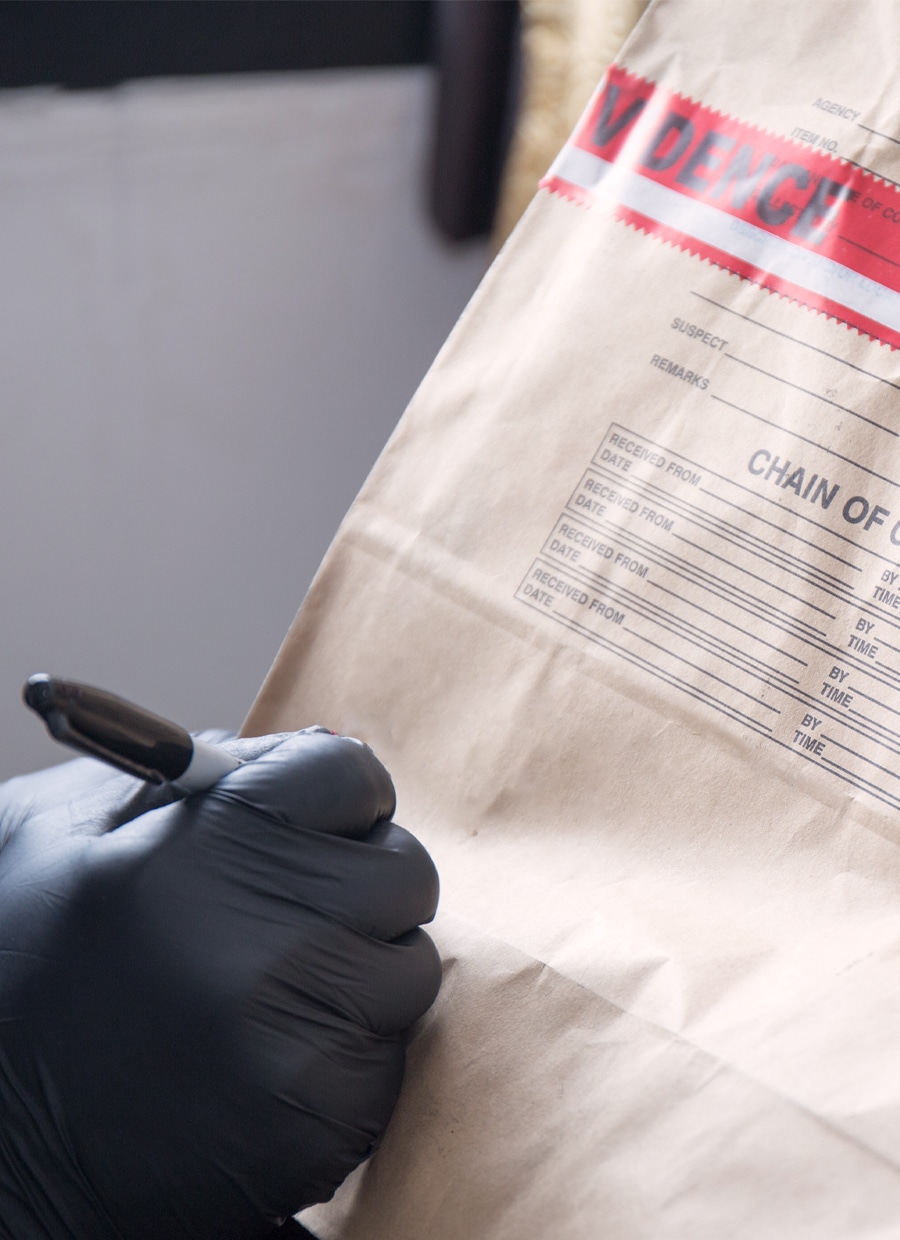Overview
Criminology is the scientific study of crime, criminals, and the UK legal system, examining areas of behaviour, culture, and psychology to help prevent these crimes from being committed. If you're the inquisitive type, our Advanced Criminal Diploma can open doors across the public sector.
Criminologists play an important role in criminal justice, from assisting police in investigations to providing advice on interviewing suspects and acting as witnesses in court. This course will provide you with knowledge in questioning, debating, and theories of criminal behaviour. You'll consider areas such as interviewing, analysis of statistics, profiling and the processes of rehabilitation. In short, if your dream is to be a criminologist, this is a perfect place to start your journey.
An ideal choice for someone wanting an insight to pursue potential careers within policing, law enforcement, probation work, forensics, or any other professions which value logical thinking and analytical skills. You can study in your own time, at your own pace, and you’ll receive a formal certificate of achievement from NCFE.
What you'll learn
During this unit, you’ll understand what is meant by “Criminal Law”, as well as why it is so difficult to agree upon a definition. You’ll build on your knowledge of why the crimes that the public are most concerned about are not the real risks that we face. You’ll discuss how, why, and when grey areas exist in the construction and interpretation of crime statistics and victimisation surveys.
Within this unit you’ll learn some of the main criminological theories that have sought to explain and account for crime and criminality in the modern age. You’ll consider the overlapping nature of much criminological theorising, as well as recognising that theoretical criminology is not easily compartmentalised. Lastly, you’ll understand the influential force of theory, including its impact over the last century in areas such as crime control, juvenile justice and public and penal policy like initiatives as the 1870s ‘welfarist’ movement within youth justice, and the ‘zero tolerance’ policing phenomenon of the 1990s.
The aim of this unit is understanding crime and culture. You’ll learn how criminal practices and cultural dynamics intertwine in modern society. You’ll find out how many common forms of criminality emerge out of criminal and deviant subcultures that are shaped by shared conventions of meaning, symbolism, and style. You’ll explain how these subcultures produce collective experiences/emotions that define their members’ identities and reinforce marginal social status. Finally, you’ll describe how, in society, crime control campaigns of crime victimisation are often offered or displayed for public consumption.
Throughout this unit you’ll understand what corporate crime I, and how it is a legitimate area of criminological concern. Secondly, you’ll lean the relative “invisibility” of corporate crime from popular and academic views, whilst understanding the measures relating to the causation and control of corporate crime. You’ll explain some of the problems of understanding organised crime, including the debate its definition. You’ll consider the role that the media play in influencing the public’s perception of organised crime. Additionally, you’ll describe how the US have exerted the greatest impact on crime fighting strategies worldwide, and learn some of the models and theories that attempt to describe organised crime.
The aim of this unit is to explore subjective concerns about violent crime. You’ll determine the sociological analysis of violence providing an overview to key debates and issues. Explain specific issues in violent crime, including aggression and masculinity, violence in the private sphere, and homicides. You’ll also consider the sensitivity of sex crimes as a criminal category and political agenda in response to sex crimes.
The aim of this unit is to examine surveillance and social control theory. Key areas you’ll cover include what’s meant by surveillance within criminology, common types of surveillance, and theories relating to surveillance. Finally, you’ll learn about modern developments relating to surveillance technologies.
This unit looks at offender profiling and the practice of linking crimes. You’ll also be able to explain how the processes of profiling and linking crimes are two very distinct practices.
Throughout unit eight you’ll objectively review the general features of the police role, and how this has changed and evolved over time, and consider how these changes are reflected in the police image. You’ll be able to describe how these changes impacts on the implementation of recommendations from criminologists and other actors within the criminal justice system. You’ll understand how police officers cope with the demands places on them and what is meant by the “police personality”. You’ll understand how the composition of any police force is reflective of government aims to create a police service representation of the community it serves. You’ll know what is meant by voluntary policing, both within and outside the limits of the law, and how this impacts other actors in the justice system.
This unit contemplates investigative interviewing, criminal admissions and the detecting of deception. You’ll discover how and why false confessions happen, ethical and legislative guidelines for accurate interviews, as well as how to structure an interview using the PEACE model. Finally, you’ll understand the ideas of questioning in court and identify common behaviour cues that may indicate lying and help to detect deception.
This unit explores the contribution of forensic linguistics to criminological research. You’ll uncover key areas of forensic linguistics and how they overlap with other areas and make important contributions to criminal investigation. You’ll learn that forensic linguistics involves understanding the language of the judicial process but also how it can assist in disputes of meaning. Finally, you’ll gain working knowledge of forensic linguistics and the specialist expertise that can offer extra evidence in crime investigation.
This unit looks at punishment, offenders and factors that can undermine correctional measures. Key areas you’ll study are the historical origins and philosophy of punishment, attitudes and beliefs about punishment, as well as informal self or group authorised systems of punishment, e.g. vigilantism. Finally, you’ll learn why modern society is changing the way it deals with offenders while identifying factors that can undermine correctional measures.
The final unit considers the rehabilitation of offenders. Topics you’ll cover include the varying opinions on whether an offenders behaviour can be altered, the criminogenic effect of prison, and how actors in the justice system work to turn offenders into law abiding citizens. You’ll look at how rehabilitation treatments aim to prevent future offending, but also examine access to rehabilitation programmes and factors influencing programme design. You’ll recognise that there’s been a renewal of confidence in offender rehabilitation among practitioners and policy makers, mostly in the UK and North America. Finally, you’ll learn the role of criminologists in planning and delivery offending behaviour programmes.
Extra info
Awarding Body

With a heritage stretching back over 150 years, NCFE is one of the largest awarding bodies in the UK. Over 340,000 students were awarded certification by NCFE last year.
NCFE Customised Qualifications are bespoke, unregulated qualifications developed to meet the specific needs of learners. These courses fit in where there are no other regulated qualifications are available. Meaning you can achieve recognition from a well-respected awarding body, even if there isn’t a pre-existing qualification in a certain subject area.
Course Outcome
At the end of this course, successful learners will be awarded a formal certificate of achievement by NCFE. The training courses have been designed specifically to meet the needs of learners who prefer to study from home.
How is this course assessed or examined?
Throughout this course, you may be expected to complete assignments, essays, research projects, presentations, video/audio recordings, and practical learning sessions to meet the requirements of your course. This information will be included in your study pack detailing exactly what you need to do to accomplish your goals as a student.
Entry requirements
There are no formal entry requirements for this course, however, it is recommended that you have an intermediate ability to read and write English.
You might also want to consider starting with our Criminology Level 3 course to gain a solid foundation and understanding of Criminology.










